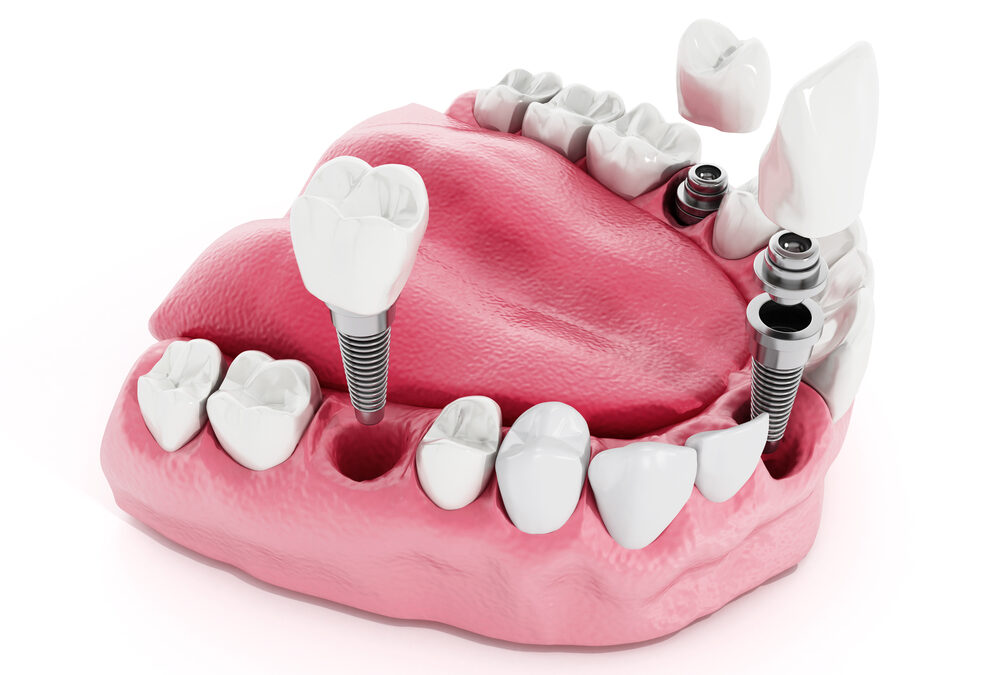Losing teeth is an experience that everyone goes through, particularly during the early years of life. Whether due to an accidental injury to the mouth, an irreparable case of tooth decay, or simply a case of milk teeth falling out, the misfortune of losing a tooth is borne by everyone. Given the negative impact that missing teeth can have on speech, the ability to chew food, the alignment of other remaining teeth, and self-image, it is understandable why young people turn to dental prosthesis to restore their smile.
Some of the dental prosthesis devices currently used to replace missing teeth are dentures, dental bridges, and dental implants. Among these three, the most permanent one is the dental implant. A screw-like titanium structure, it functions like the root of a tooth and is positioned firmly in the jawbone. It is also fitted with a stud called an abutment, upon which the tooth-shaped cap called a crown is cemented. Because the crown matches the surrounding teeth, the dental implant appears just like any natural and healthy tooth.
Apart from having the look and feel of a real tooth, implants are deemed very reliable and durable. A three-year study published by the Journal of Clinical Medicine in 2019 concluded that dental implants are not only long-lasting teeth replacement, they also positively impact quality of life. Implants are also considered as having limited complications and requiring minimal check-ups. Also, unlike dental bridges anchored to other teeth or dentures clasped into place, implants do not involve adjacent teeth, leaving the rest of the set untouched.
Despite its many remarkable features, however, dental implants do have age-dependent restrictions, specifically in relation to bone structure. Implants are not suitable for children, as they do not yet have all of their permanent teeth. Pre-teens and teenagers whose bones are still maturing are also not ideal candidates for this. For anyone who wants to get a dental implant, the earliest age is 18 years old. The rationale behind this is that bones only stop growing at age 18. Placing a dental implant in a young patient will only hinder jaw development and stop other teeth from coming in.
Young people eager to replace their lost teeth with dental implants will have to wait a few more years before requesting this from their dentist. Perhaps with some positive messaging from social media regarding how common tooth loss is, young people will become more accepting of their missing tooth situation and more patient about waiting for the minimum age for dental implants.

